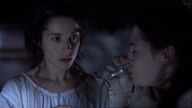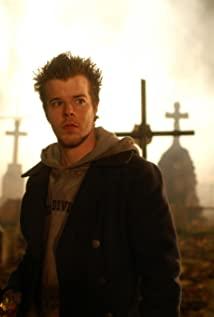It seems that Susan and Maud can be blamed for their selfishness and ruthlessness when they calculated and betrayed each other, but it cannot be denied that they also paid real and beautiful emotions at the same time. Their selfishness is related to the persecution of the environment and the weakness of their characters. Denying the betrayal hurts them too; it seems like they can blame Aunt Sazisby for her insidiousness, hypocrisy, and greed for money, but they can't deny that he also truly loves the child he has raised, and that reality doesn't give him a better chance to change your life situation. Endless poverty can also depress the mind, even distort it, and become unscrupulous. Aunt Sazisby and Maud, Susan's last face was perhaps the time when he was most at ease. When the dust settles, there is no need to calculate against her heart anymore, all sins are cancelled out, and when goodness can be freely expressed, Aunt Sazisby returns to herself.
It's also ironic that all the plots in the story don't work out. "The beginning is designed, but the ending cannot be designed." Maud, Susan, Aunt Sazisby, and gentlemen are all like this. Did the screenwriter do this on purpose, or did all the calculations fail?
Human nature is a complex contradiction, not only good and evil, and because of this, the world is full of variables. As Lao Tzu said, mysterious and mysterious, the door to all wonders.
View more about Fingersmith reviews











